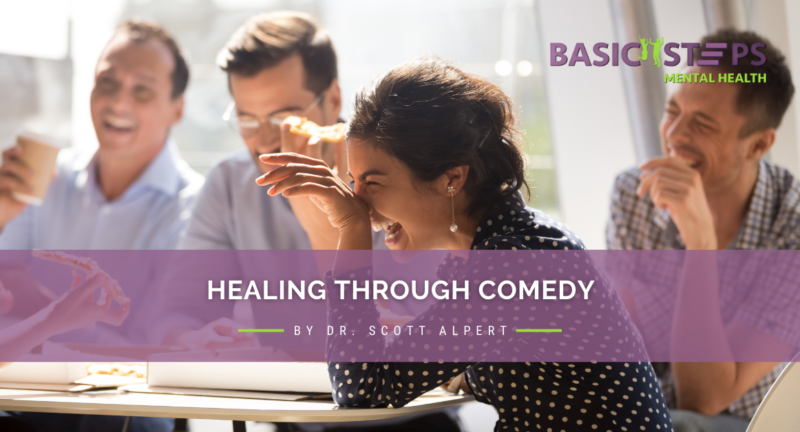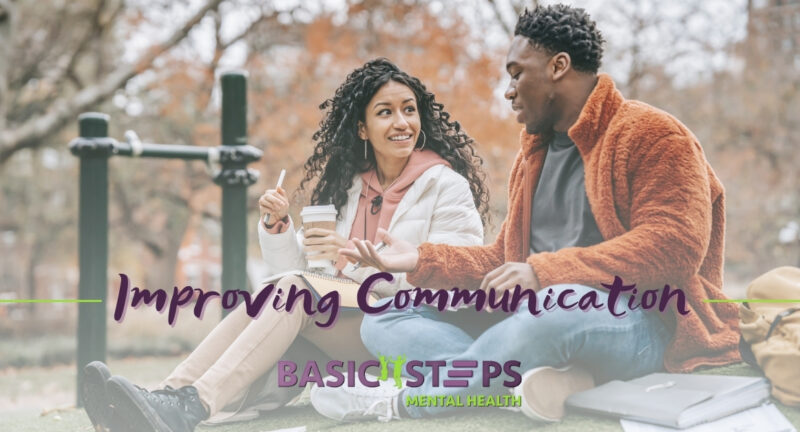
Active Recovery
When I began my career in 12 Step Recovery a whole new world opened to me. It was what I liked, being around a lot of people, people opening up and talking about their difficulties, and others lending support. The 12 Steps were new to me because my recovery was basically white-knuckling it and praying the cravings would go away. My recovery was simply five months of pacing my apartment and trying to keep myself busy. I was hungry to learn these 12 Steps so I could teach them to other people and make my mark on society. But why were so many people relapsing?
I had a great supervisor, who I miss every single day. We lost a great one in 2016 when Dr. Noah Young died of cancer. Dr. Noah was a professor at Pepperdine and a Minister with the Science of Mind church. He had an IQ of like 160 and boy did I get an education from him. We really bonded in our debates about life, God, and recovery.
We both agreed that the 12 Steps were not a complete program, that people still needed to work on their underlying issues in therapy. The 12 Steps were a behavioral approach, meaning that people needed to do the proper behaviors in hopes that they would stick. You know, go to meetings, do the step work with a sponsor, and reach out when you felt like using. This never got to the root of the problem to me. To him, sobriety time spelled success.
Why do people use? After 26 years I have a few theories. One, there are unresolved issues that need to be addressed and processed through. Two, it is a habit that needs a more beneficial habit to replace it. Three, there is an oral fixation aspect to this which makes me curious if there is an early developmental wound. Four, rewarded behaviors are often repeated. Take away the reward. On the last one, the drug Naltrexone literally takes away the feel-good from using.
I remember Dr. Noah was teaching me about the first step. He said, “We are powerless over drugs and alcohol”. I said, “You’re shitting me!” We both laughed. I felt that we are powerful and make choices in life. The choice was to use for me because it was my first go to feel good. I made a choice to stop and the substance somehow remained away from me. Still, I miss those debates because Dr. Noah was dancing between his spirituality and philosophy of the 12 Steps that came from the 1930s.
Note that I am not here to bash the 12 Steps at all. Some of the elements are in our program at Basic Steps. However, like in the second step, “A power greater than myself will restore me to sanity”. Oh my God did we go toe to toe over this one. Do we wait for some force to come along and rescue us or do we take the action steps ourselves? Now, I have seen a lot of people go through my program and hope for a parent to come and rescue them, or myself to bestow upon them something that will fix them or a loved one to let them come back. All these external fixes are outside of our control. How many prayers are left unanswered because we failed to take the action steps? There is one joke where a man is caught in a flood and the water level is rising so he has to climb to his roof. He prays to God to help him and soon a boat floats up, but he refuses to climb on because God didn’t show up for him. Next, a helicopter comes, but he insists God is going to come to help him and refuses. Eventually, the floodwaters drown him. In Heaven God walks up and the man is furious. “Why didn’t you come to save me?” he yells. God replied, “Look, I sent a boat and a helicopter for you my son.”
We believe that God meets you at your point of action. In taking the action steps in your recovery you have the best odds for healing. The people you hope rescue you may not be there when you need them the most. Not your sponsor or your therapist, isn’t it time for you to take charge of your own recovery?
When Noah passed he had battled severe cancer for ten years. What a brave soul who showed me that regardless of what he went through, he was always preaching kindness and love of life. Even though his pain level was extreme, he found a way to be compassionate. How great is this? To remember someone who made an impact on me and four years later am still grateful for the times we shared together.
Because our birthdays were two days apart – although he was ten years my senior, in the end, we were like brothers. Noah was my advisor on my Doctoral thesis, a paper that was touted as one of the three best at my University. He learned from me and I he. Here is my last story about how amazing the man was.
Dr. Noah and I were walking down a crowded hallway at Tarzana Treatment Center when a young man sprinted past us, pulled the pigtails of a young woman, laughed, and ran off. Noah asked me, “How long do you think that young man will remain sober?” I blurted out, “I’ll give him a few days after he gets out of here.” Noah stopped me and looked into my eyes. He said, “I see this young man as a success. I tend to look highly upon everyone because I don’t want my negativity or intention to hamper them one bit.” Now, this was in my first week of working with him and I stood there dumbfounded. Was this guy some spiritual guru? I was inspired.
Today, Dr. Noah’s messages live inside of me. Each person I interact with I see as a success. People aren’t flawed or less than, they just have underlying issues that need to be processed through. If you are reading this up there in Heaven Dr. Noah, just know that I love you and always will. You made such an impact on me and helped make me the man I am today. God Bless you.
Compassionate Care is Always Available
There are many more tools and strategies you can use in your pursuit of happiness. Here is where we come in. Contact us at Basic Steps Mental Health and let us support and educate you on this journey back to your loving heart center. Imagine living a heart-centered life, regardless of what is happening externally. We’d love to be of help.
For 25 years, Dr. Scott Alpert, the clinical director of Basic Steps Mental Health, has treated over 7,000 people with mental health and addiction problems, using a Psychological approach that mixes and matches ten of the top approaches used in the industry. We are here virtually and in-person to help you get through this COVID-19 pandemic and many other difficulties you may be experiencing.
May you have good mental health.
Related Posts
Healing Through Comedy
I wanted to write an article about the book I recently published called: “Comedy...
Improving Communication
Maybe this article should be titled, “Get off your ifs, ands, and buts.” This...




